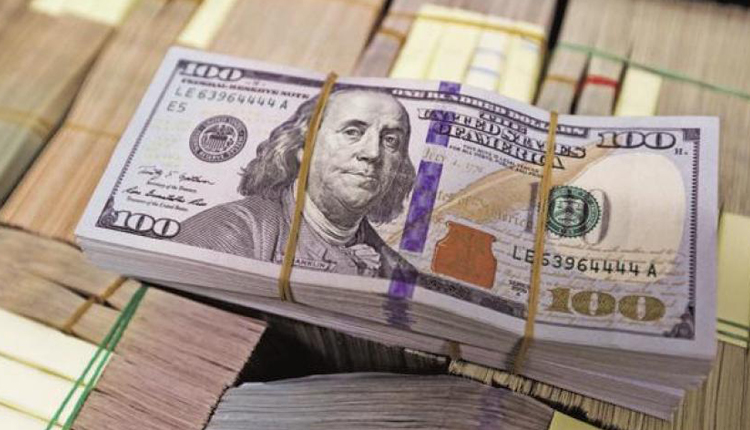The dollar fell on Wednesday as sources said Canada was ready to make a concession to the United States to resolve their talks over reworking the North American Free Trade Agreement, though lingering anxiety over U.S.-China trade tensions weighed.
China will ask the World Trade Organization next week for permission to impose sanctions on the United States for Washington’s non-compliance with a ruling in a dispute over U.S. dumping duties.
“Worries about many things are still lingering so it becomes hard to shift to a mood of aggressive risk taking,” said Kumiko Ishikawa, senior analyst at Sony Financial Holdings.
“The dollar/yen rose yesterday, but those gains are gradually coming off as there isn’t a lot of appetite to take risk,” she said.
The dollar traded slightly lower after two Canadian sources with direct knowledge of Ottawa’s negotiating strategy said overnight Ottawa was ready to offer the United States limited access to the Canadian dairy market as a concession in negotiations to remake NAFTA.
Canada’s protected dairy industry is a major sticking point in NAFTA talks between the two countries. Canadian Foreign Minister Chrystia Freeland returned to Washington on Tuesday for talks aimed at rescuing NAFTA ahead of a looming Oct. 1 deadline.
The dollar index, which measures the greenback against six major currencies, was 0.07 percent lower at 95.185.
The Canadian dollar was little changed at 1.3073 per U.S. dollar after rallying nearly three-fourths of a percent late in the U.S. session on the trade talk news.
Still, anxiety over the trade dispute between China and the United States – the world’s top economies – kept many investors on edge.
China’s offshore yuan traded 0.1 percent weaker at 6.8857 per dollar after hitting a fresh 2-1/2 week low of 6.8888.
The Australian dollar, seen as a proxy for global growth due to the nation’s significant trade exposure to China, shed 0.3 percent to $0.7093.
The Aussie traded near a 2-1/2-year low of $0.7085 hit on Tuesday amid concerns Australia’s exporters could suffer from any damage to the Chinese economy from a trade war.
An index for emerging market currencies was pinned near a 16-month low reached during the previous trading session.
“You can’t deny that emerging markets have fallen and that has weighed on sentiment, and that has probably pushed a lot of flows to the U.S. and the dollar,” said Bart Wakabayashi, Tokyo branch manager at State Street Bank.
“All of this emerging market turmoil on top of all of this trade uncertainty has really driven participants into the dollar and again, to some extent, the yen,” he said.
Turkey’s lira was largely stable ahead of a closely-watched meeting on Thursday by the country’s central bank, where the monetary policy committee is expected to raise interest rates.
The euro was down almost 0.2 percent at $1.1586, while the pound also shed nearly 0.2 percent to $1.3009, coming off a one-month high of $1.3087 reached on Monday as a rise in optimism over prospects for a Brexit trade deal with the European Union faded.
Against the Japanese yen, the dollar fell 0.13 percent to 111.49 yen.
Source: Reuters


